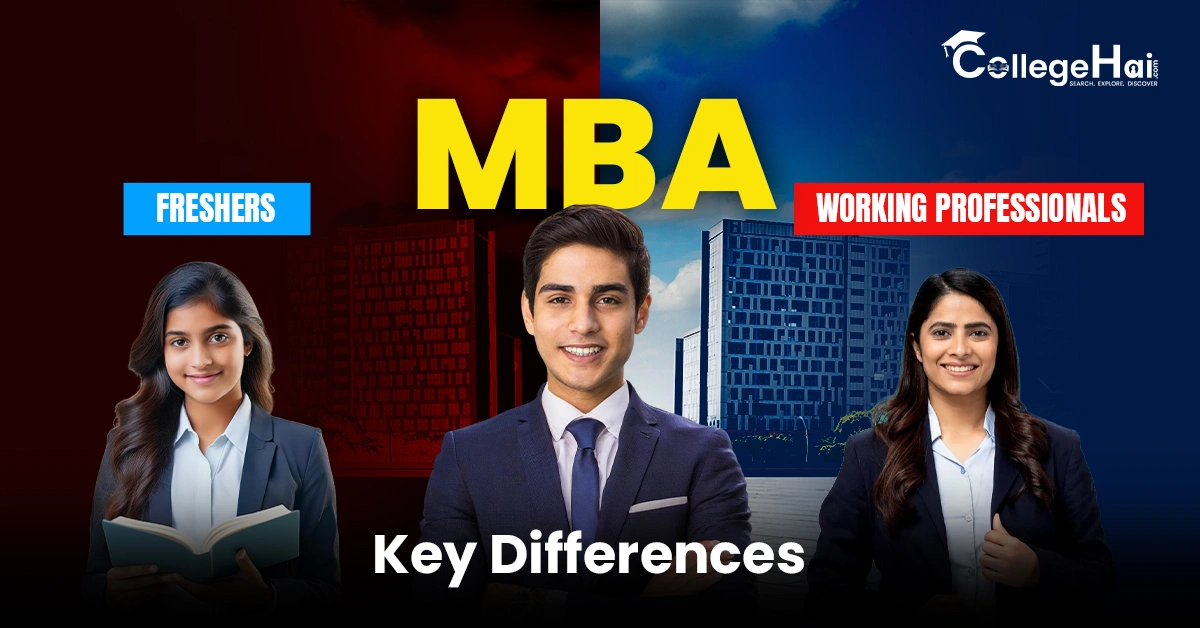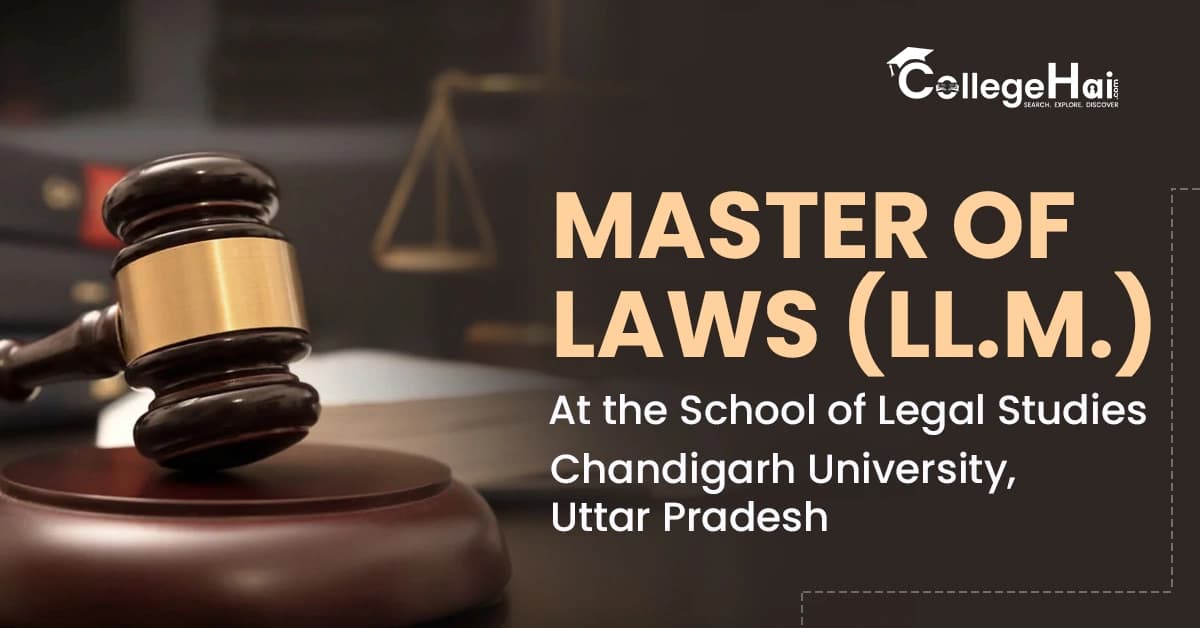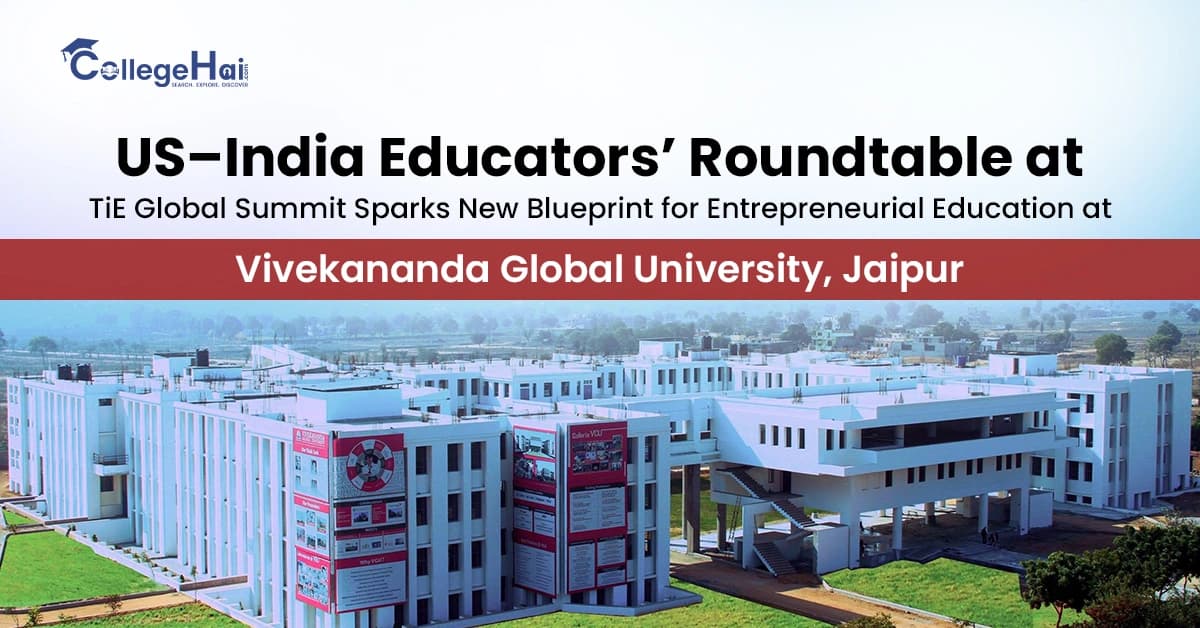MBA for Freshers vs MBA for Working Professionals: Key Differences
In the present competitive era, a Master of Business Administration (MBA) is among the most desired degrees. Whether one is a newly graduated student or an experienced job holder with many years of work experience, an MBA can lead to leadership positions, increased compensation, and international opportunities. But the million-dollar question here is: Should you get an MBA immediately after graduation or after spending some years of work experience?
And if you are one with work experience, is it a good decision to do it in regular or distance, or online? Is it worth it? And thousands more queries.
But do not worry. This is why we are here. To answer all these questions and show you the path. This blog explores the key differences between an MBA for freshers and an MBA for working professionals, helping you decide which path suits your career goals best. We will also touch upon online and distance MBA options, which are becoming increasingly popular, in detail.
Understanding the Two Paths
MBA aspirants have the option of taking two paths: Freshers tend to opt for a regular full-time MBA immediately after graduation, targeting well-known institutes like IIMs, using entrance tests like CAT, XAT, SNAP, and NMAT. Working professionals, with experience ranging from 1–5 years, typically opt for courses that synchronize work and studies, opting for distance or online MBAs. Yet, most end up in regular classrooms for career growth. Ultimately, the decision relies upon personal goals, lifestyle, and learning style.
MBA for Freshers
This route involves enrolling in an MBA program immediately after completing your undergraduate degree. You typically have little to no full-time work experience. Generally, these freshers go for a regular MBA and seek a full-time course. They generally appear for MBA-related entrance exams such as MAT, CAT, XAT, SNAP, NMAT, and others. The main goal is to get into the most reputed IIMs of the country, which is their first choice.
MBA for Working Professionals
While for the working professionals, this is a bit different. This path is for those who have spent a few years in the workforce, usually 1 to 5 years, before returning to school for an MBA. These candidates bring practical insights and maturity to the classroom. But here, many of the candidates do not want to return to the regular classroom setup. With the responsibility, pressure, and work life come in, these sorts of professionals often look for something that can help them balance both academics and work life. Here is when the option for distance or an online MBA kicks in.
Note that it is not necessary to pursue a distance or online MBA if you are a working professional. It completely depends on what you are looking for and what fits you well. Many people return to the traditional setup after years of earning and working. So, it is completely your choice of what you are looking for.
Admissions Criteria: Who Has the Edge?

The admission criteria for the freshers and working professionals are almost the same, with no large differences. Still, there are some mild differences, so to help you understand both, here are the eligibility requirements for both given in detail:
Freshers
Academic Performance Matters: Top Management Colleges in India, like IIMs and ISB, do accept freshers, especially those with excellent academic records and high entrance exam scores (CAT, GMAT).
Extra curriculars help: Leadership roles, internships, and achievements in college can strengthen your profile.
Reserved Seats: Some Indian MBA programs reserve seats for freshers to maintain diversity.
Working Professionals
Work Experience is Valued: Many global and Indian B-schools prefer candidates with 2–5 years of experience. It adds weight to your application.
Clear Career Goals: Professionals often have a better understanding of their career path, which reflects in their Statement of Purpose (SOP).
Higher Admission Scores: Experience can earn you extra points in the admissions matrix.
Summary Table: Key Differences
Learning Experience: Theory vs Practice
The learning experience for both the freshers and the working professionals may vary a bit. While freshers are completely new to the field, working professionals bring experience to the table. It adds on more credibility, trust, and accountability as they have been in this field before with on-hand exposure.
Where the Freshers are more adaptable to the situation as they are used to academic routines and can quickly adjust to the rigors of MBA coursework, Working professionals find it a bit difficult to get into the academic routine again. It takes them time to adapt.
Freshers are generally overwrought. They absorb new concepts without industry biases. Additionally, they value campus life more, often engaging more in clubs, competitions, and networking events.
While for the working professions, they value the practical imposition of the learned theories in the actual business world. They have a more focused learning and their experience helps them ask sharper questions and contribute meaningfully to discussions. One key advantage of these working professionals is that they are great at time and pressure management. Having juggled work responsibilities, they manage academic pressure better.
Online and Distance MBA: A Flexible Alternative
With the rise of digital education, online and distance MBA programs have become viable options, especially for working professionals. These help the candidates balance both their work life and academic career. Professionals with Time Constraints, Entrepreneurs, and those seeking a Career Switch Without Quitting their jobs can go for these options.
Note that fresher too can opt for this option, but this is mostly preferred by working professionals.
Benefits
Flexibility: Learn at your own pace while continuing your job.
Cost-Effective: Generally cheaper than full-time programs.
Global Exposure: Many programs offer international modules and virtual networking.
Popular Options
Online MBA: Popular options for online MBA include institutions like NMIMS, Amity, and global universities like Coursera’s Illinois iMBA.
Distance MBA: Popular option for Distance MBA includes IGNOU, Symbiosis Centre for Distance Learning (SCDL), and ICFAI are popular in India.
However, online MBAs may not offer the same placement support or peer interaction as full-time programs. So, weigh your priorities carefully.
Career Opportunities: Who Gets What?
Freshers
Entry-Level Roles: Typically placed in management trainee or analyst roles.
Fast Track Growth: With an MBA, they enter the corporate world at a higher level than non-MBA peers.
Industry Exposure: Internships during the MBA help build initial experience.
Working Professionals
Mid-Level Roles: Often placed in roles like Product Manager, Consultant, or Team Lead.
Salary Boost: They usually see a significant hike in salary post-MBA.
Better Negotiation Power: Their prior experience gives them leverage during placements.
Financial Considerations
For Freshers, generally, there are no financial constraints. They often rely on education loans or family support. The return on investment may take a few years to materialize.
While for Working Professionals, it is self-funded. Many professionals fund their MBA through savings. They often recover costs faster due to better post-MBA packages.
Skill Development: What You Learn
Regardless of your background, an MBA equips you with:
Strategic thinking
Leadership skills
Financial acumen
Marketing and operations know-how
Networking and communication skills
But how you absorb and apply these skills depends on your prior experience.
Final Thoughts: Which Path Is Right for You?
There’s no one-size-fits-all answer. Your choice depends on your career goals, financial situation, and readiness for business school. Here are the points given below that you can consider before deciding what to choose, when, and why:
Choose MBA as a Fresher if:
You are clear about your career path.
You want to enter the corporate world quickly.
You thrive in academic environments.
Choose MBA after Work Experience if:
You want to switch industries or roles.
You seek higher salary and leadership positions.
You prefer applying real-world knowledge to classroom learning.
And if you have work and personal responsibilities on your plate, online or distance MBA degrees provide a convenient path to professional advancement.
Bonus Tip: Hybrid MBAs Are Rising
Several B-schools now have hybrid MBAs, which combine online modules with regular campus visits. These are perfect for professionals who wish to have the best of both worlds. You can thus opt for the other options as well, if interested.



